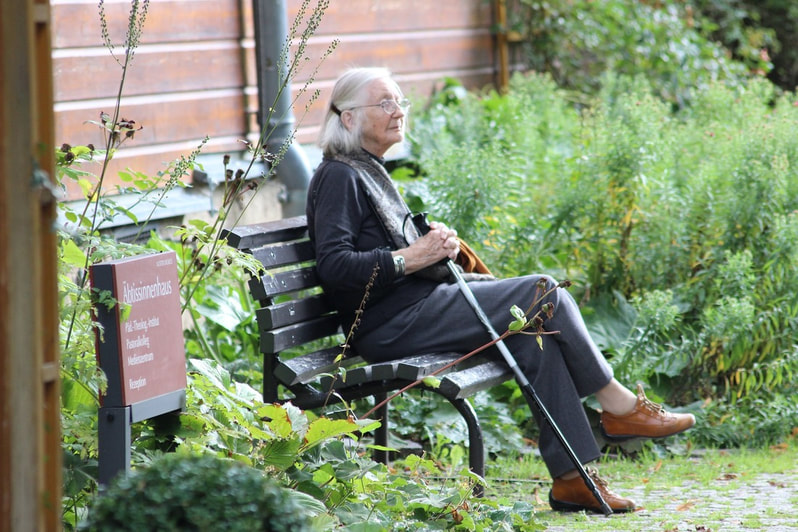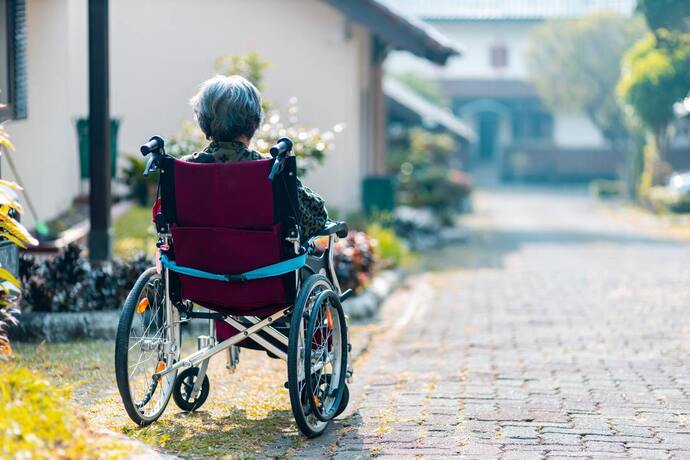Is Dementia-Friendliness as Friendly as We Think?
Dementia is a general term for the loss of cognitive thinking—such as memory, reasoning, and decision making—that progresses to interfere with the activities of daily living of the affected individual. Common diseases that cause dementia are Alzheimer’s Disease and Parkinson’s Disease. About 50 million people currently live with dementia, and this number is expected to triple within the next few decades as life expectancy increases. As of now, there is no cure, which is why dementia-friendliness has been recently emphasized by health professionals and local government officials. Dementia-friendliness is defined as the multitude of initiatives that are aimed toward supporting, benefiting, and understanding individuals with dementia. In a dementia friendly environment, people with dementia feel empowered to live in a way they want to and in a community that understands them. This is done through policy initiatives and community effort, such as arranging physical surroundings to meet the needs of people with dementia in the form of dementia villages. As the definition of dementia-friendliness is quite interpretive, clarification is necessary to explore how professionals and local authorities are expected to be involved with these initiatives in order to contribute to the comfort and support of those affected by dementia.
A 2021 study examined dementia-friendliness through language and its practices. Researchers did this by conducting small-group interviews and creating focus groups consisting of staff members of Danish nursing homes and people who worked to establish dementia villages. The focus groups and interviews were used to explore the professionals’ opinions concerning dementia-friendliness and its position within public health. They were asked to participate in a variety of reflection exercises, which included writing down words that came to mind after hearing the term “dementia-friendly” and engaging in conversation with other participants regarding their views of the topic.
A 2021 study examined dementia-friendliness through language and its practices. Researchers did this by conducting small-group interviews and creating focus groups consisting of staff members of Danish nursing homes and people who worked to establish dementia villages. The focus groups and interviews were used to explore the professionals’ opinions concerning dementia-friendliness and its position within public health. They were asked to participate in a variety of reflection exercises, which included writing down words that came to mind after hearing the term “dementia-friendly” and engaging in conversation with other participants regarding their views of the topic.
Image Source: Steven HWG
This study was inspired by Norman Fairclough, a British linguist who believed that there is a dialectical relationship between language and society, meaning that people speak, listen, write, and read in ways that are influenced by social effects. This relationship was the basis of the analysis of this study. The analysis studied the participants’ choice of words regarding dementia-friendliness and the reality of those affected by dementia.
They found that participants relied on four discourses: knowledge, responsibility, dignity, and illusion. Knowledge about the person living with dementia is a key element of dementia-friendliness as it promotes humanization of patients apart from their disease. This also includes equipping everyone with information empowering them to help people with dementia live independently for as long as possible. The responsibility discourse acknowledges shared obligations of public authorities and local communities to help prevent people with dementia from being forced to live in nursing homes. The dignity discourse emphasized personal liberty and security as some discussions regarding dementia-friendliness raised concerns of stigma and exclusion. One dilemma that was raised asked if people with dementia are better living in a designated area such as a dementia village. The illusion discourse further explored this dilemma by raising the ethical concern that dementia villages exclude people with dementia from general society; it insinuates that dementia villages are “simulations” of normal towns. These four discourses that were analyzed in the study showed that, if dementia-friendliness is based on the symptoms and behaviors of people affected by dementia, is their well-being really being prioritized?
They found that participants relied on four discourses: knowledge, responsibility, dignity, and illusion. Knowledge about the person living with dementia is a key element of dementia-friendliness as it promotes humanization of patients apart from their disease. This also includes equipping everyone with information empowering them to help people with dementia live independently for as long as possible. The responsibility discourse acknowledges shared obligations of public authorities and local communities to help prevent people with dementia from being forced to live in nursing homes. The dignity discourse emphasized personal liberty and security as some discussions regarding dementia-friendliness raised concerns of stigma and exclusion. One dilemma that was raised asked if people with dementia are better living in a designated area such as a dementia village. The illusion discourse further explored this dilemma by raising the ethical concern that dementia villages exclude people with dementia from general society; it insinuates that dementia villages are “simulations” of normal towns. These four discourses that were analyzed in the study showed that, if dementia-friendliness is based on the symptoms and behaviors of people affected by dementia, is their well-being really being prioritized?
Featured Image Source: Kor_el_ya
RELATED ARTICLES
|
Vertical Divider
|
Vertical Divider
|
Vertical Divider
|






